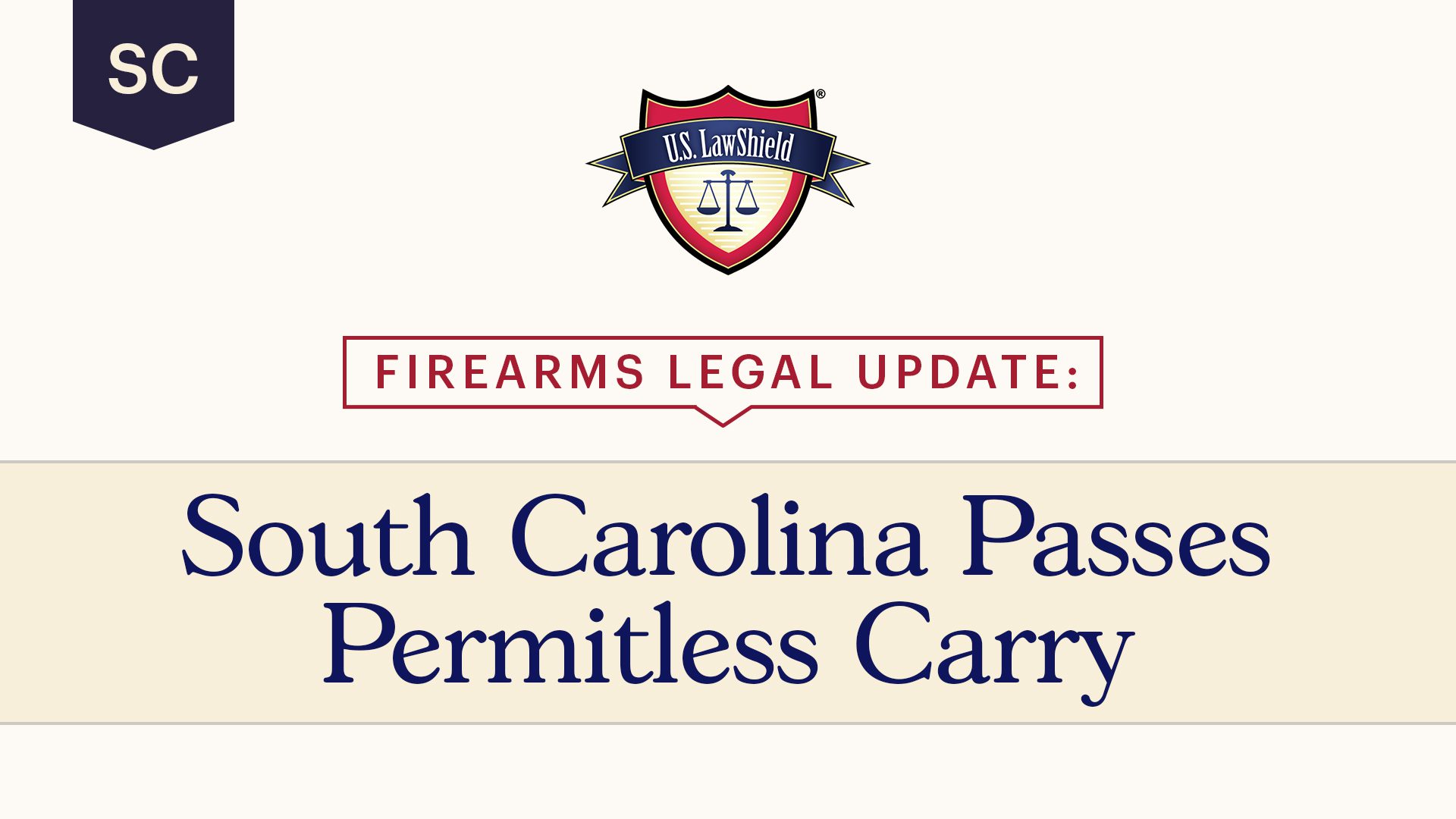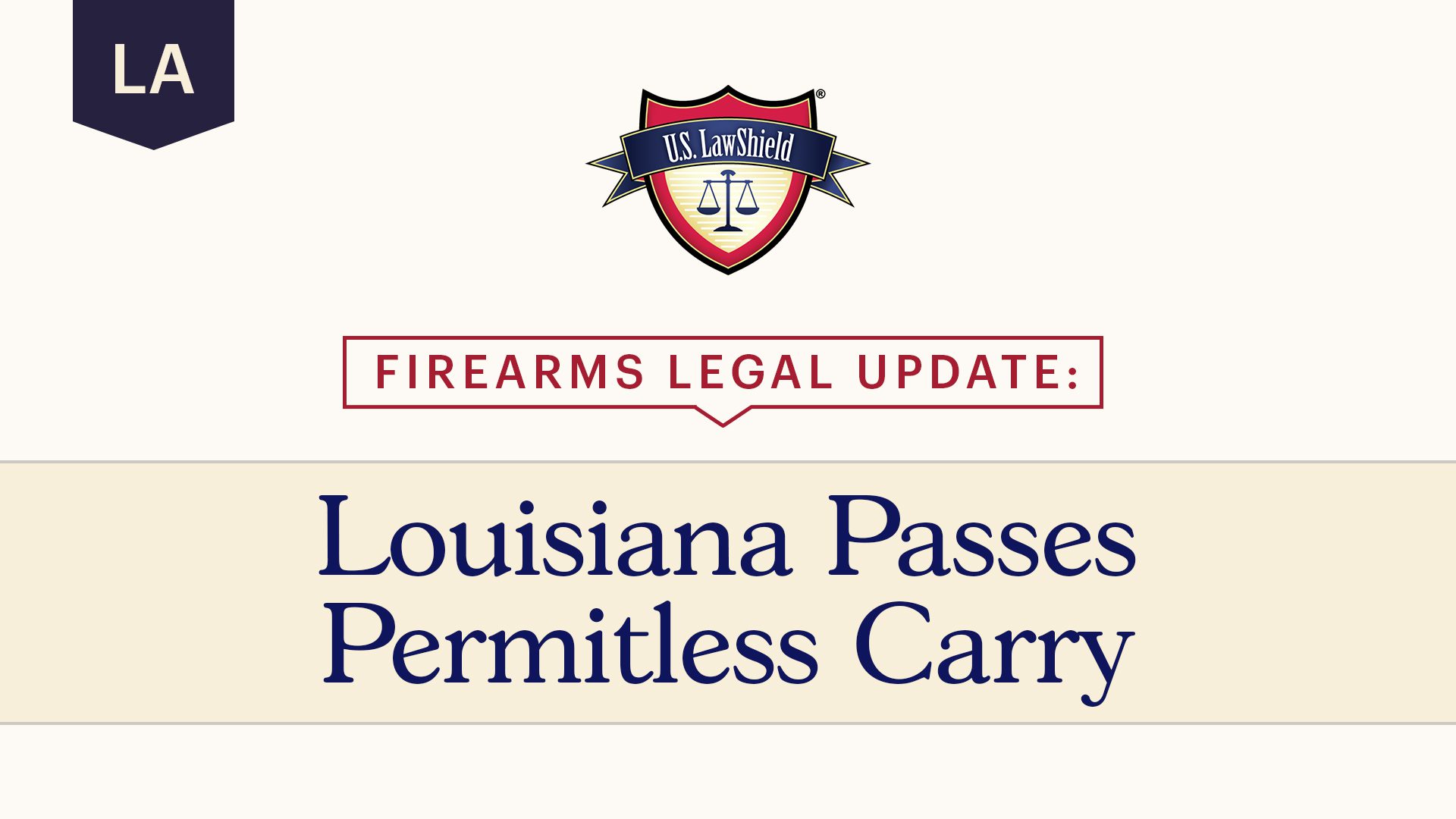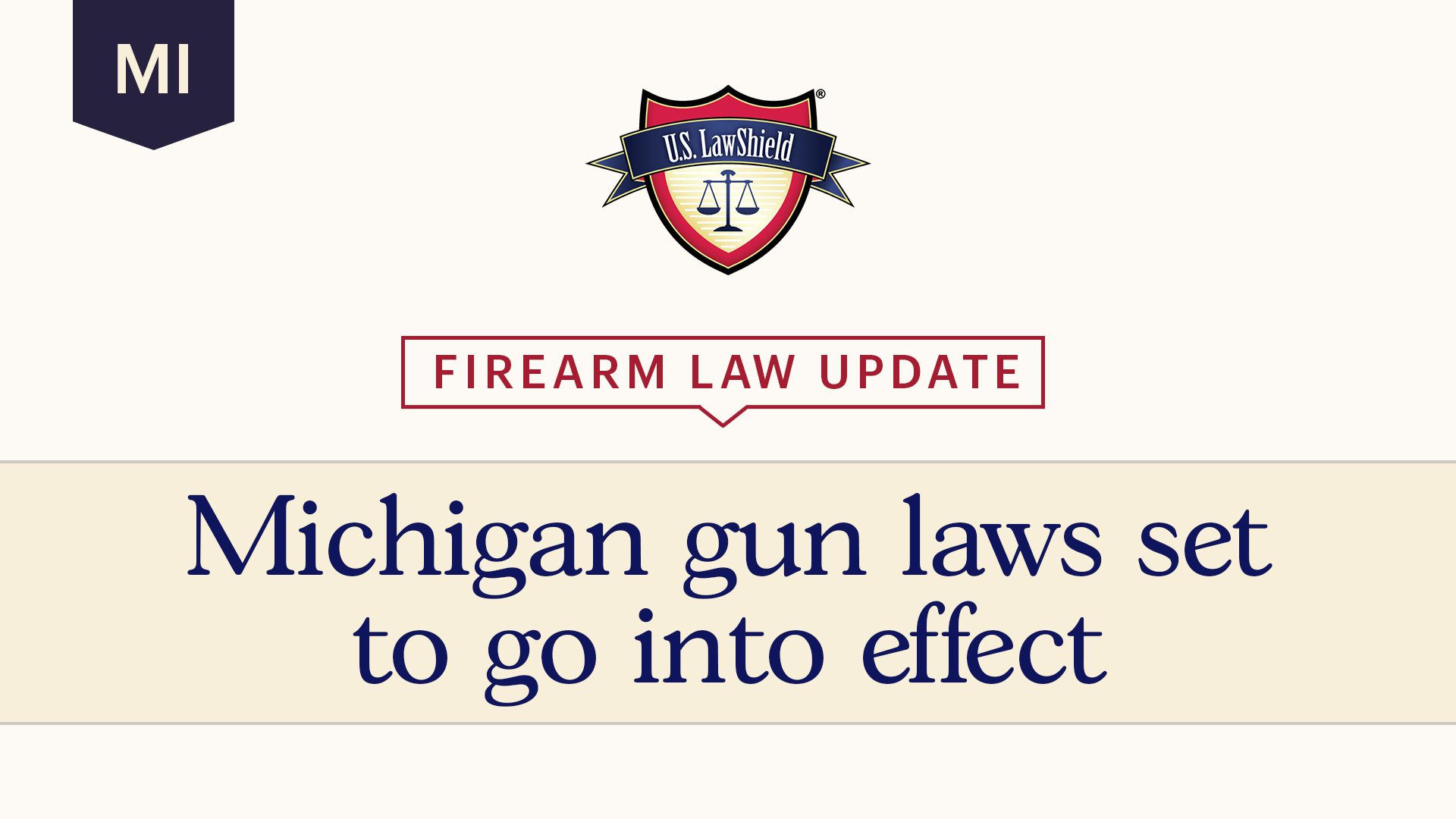Protecting your property from unwanted or unexpected guests is tricky when you have another person living in your home who may invite people in. What can (and what should) you do if law enforcement comes knocking and asks to conduct a search without a warrant? Can the other people residing in your home, or even just visiting, consent on your behalf?
The Fourth Amendment
The Fourth Amendment of the United States Constitution protects a citizen against unreasonable searches and seizures from the government. The law recognizes a person’s home as a sacred place where he or she has the most expectation of privacy from the outside world, including law enforcement. Therefore, in order for law enforcement to invade the privacy of your home, law enforcement must either obtain a warrant, or the search must fall under one of the limited exceptions of the Fourth Amendment. One such exception is consent to search.
Before You Consider Consenting to a Search Without a Warrant…
It is important to know that the law presumes a warrantless search is unreasonable. Never consent to a warrantless search of your home (or any search) without first speaking to your Independent Program Attorney. Of course, as a U.S. LawShield member, you already know that. But does your roommate, your child, or even a house guest know that? Probably not.
So, what happens if law enforcement comes knocking wanting to search your house when you are not available and your roommate consents? What happens if you are in the shower and your teenager answers the door and consents to the search? Or while you are in the backyard hanging out with friends, one of your house guests consents to a search?
If a Roommate Consents to the Search
If a roommate or significant other who lives in the home consents to the search, then it will be difficult to contest the validity of the search since that person has control or ownership over the home. This is especially true when it comes to all of the common areas you share with that person, such as the kitchen, family room, or communal bathrooms.
What about your room or your home office that you do not share with anyone else in the house? That will depend on specific facts related to that room. A great way to establish that your room or office is not a common area is to install a lock on the door so that you can lock it when you are not home, and do not give a key to others residing in the home.
Can a Child Give Consent for the Search?
In Florida, a child can consent to a search by the police under certain conditions. In 1993, the Florida Supreme Court decided a case called Saavedra v. State, in which the court stated the following three conditions must be met for a consent given by a child to be valid: 1) the minor shares the home with an absent, non-consenting parent; 2) the police officer conducting the entry into the home reasonably believes, based on articulable facts, that the minor shares common authority with the parent to allow entry into the home; and 3) by clear and convincing evidence the state must establish that the minor’s consent was freely and voluntarily given under the totality of the circumstances.
Can a Guest Give Consent to a Search?
What about a house guest that answers the door while you are not available and consents to law enforcement searching your home? Whether or not the search will be upheld in court will be determined on the specific facts surrounding the consent by the guest. Ultimately, it will come down to whether or not the law enforcement officer had a reasonable basis to believe the house guest had common authority or apparent authority to consent to the search. The government will have the burden of proving the effectiveness of a third party’s consent.
If you have any questions regarding warrantless searches of your home, call U.S. LawShield and ask to speak to your Independent Program Attorney.
The preceding should not be construed as legal advice nor the creation of an attorney-client relationship. This is not an endorsement or solicitation for any service. Your situation may be different, so please contact your attorney regarding your specific circumstances. Because the laws, judges, juries, and prosecutors vary from location to location, similar or even identical facts and circumstances to those described in this presentation may result in significantly different legal outcomes. This presentation is by no means a guarantee or promise of any particular legal outcome, positive, negative, or otherwise.





Leave A Comment